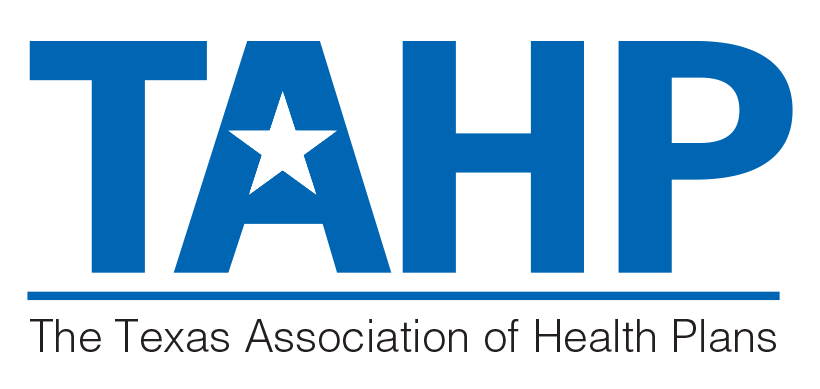
Groups Push Against Lawsuit to Undermine Surprise Billing Protections
Complete Coverage

By: TAHP | Thursday, February 3, 2022
by Blake Hutson, Jamie Dudensing
Physician groups are facing far-ranging opposition in their lawsuit to overturn rules implementing new surprise medical billing protections. Opponents to the physician-led attack on the new law now include employer coalitions, unions, patient and consumer groups, health policy experts, and essentially any group that cares about controlling health care costs.
These diverse stakeholders loudly advocate for an end to egregious surprise billing practices through a process that ensures businesses and families are both protected from surprise bills and aren’t faced with unintended consequences resulting in higher insurance premiums. Congress balanced this concern in the “No Surprises Act” through a dispute resolution process that looks to actual market rates in health care. That market rate, known as the “qualifying payment amount” or QPA, is based on negotiations happening between doctors and insurers.
Conversely, physicians—and in many cases the private equity firms that own the physicians groups dominating U.S. health care—fought for a process that uses their inflated billed charges to settle payment disputes. These artificial amounts—paid by virtually no consumer or health care payer in real transactions—would cost taxpayers “double digit billions” according to the Congressional Budget Office, leading Congress to reject the approach in favor of the QPA.
In opposition to the lawsuit by the Texas Medical Association, a wide range of business groups pushed back in a friend of the court brief. That group—joined by the Texas Business Group on Health, the Houston Business Coalition on Health, and the DFW Business Group on Health—argue that the law as written clearly promotes the use of the market-driven QPA as the primary consideration for getting to a reasonable payment amount for a medical service.
For these business groups, it’s critical that rules implementing the new law don’t add to their health care premiums and dwindling levels of coverage all driven by the steady upward march of health care prices in the nation. Get it right and patients are protected without creating new incentives to ratchet up health care prices; get it wrong and patients will just see the costs of surprise bills added into monthly health care premiums and out-of-pocket costs.
Organizations representing patients are sounding the alarm about keeping costs under control with the new law as well. In their brief opposing the TMA lawsuit, they highlight what was clear in the congressional intent behind the new law. Patient groups including the Leukemia and Lymphoma Society state that “the legislative debate over the No Surprises Act and several precursor proposals highlights Congress’ consistent and bipartisan objectives of protecting patients from surprise medical bills, reducing health care costs, and, in turn, lowering health insurance premiums.”
Economists and other health policy experts are piling on with reasoned arguments as well, cautioning against physician backed approaches that will worsen our health care price problems. They explain that using a market negotiated QPA approach to resolve these billing disputes “will help protect against incentives for providers to leave or remain out of networks which in turn will eliminate unnecessary costs and premium increases for the consumer by correcting the market—failure that allowed providers to charge inflated rates.”
Health plans applaud the new law as a balanced approach to resolving the surprise billing law and are pushing back against the last ditch effort from physician groups to undermine the dispute resolution process. In opposition to the lawsuit, AHIP highlighted “Congress’s decision in the No Surprises Act to fix the market dysfunction that saddled patients with exorbitant medical bills for services they had no opportunity to turn down.”
With 2022 a month old now, the ban on physician and hospital surprise billing has now protected countless patients. However, this last ditch effort by physicians threatens the goal of protecting patients from surprise bills and policies that will drive up premiums.
Stay updated on the latest TAHP news

Articles written by TAHP’s team of policy experts that examine the research, trends, and impact of the most important health care policy issues facing Texas and the country today.

Weekly news clips assembled by the TAHP team that highlight the top headlines from the health insurance and health care worlds, as well as important political updates.
